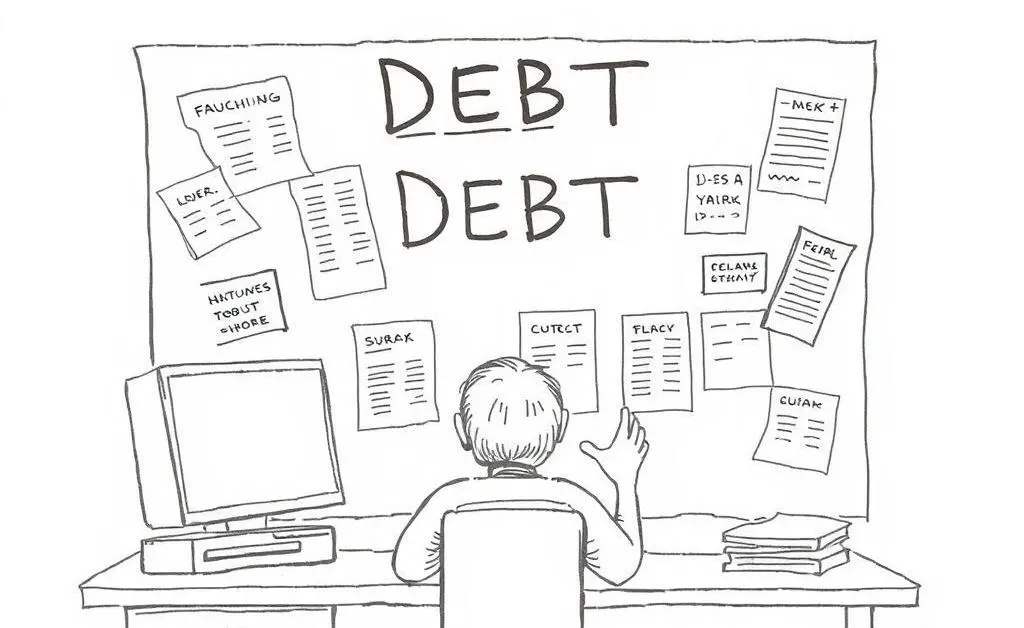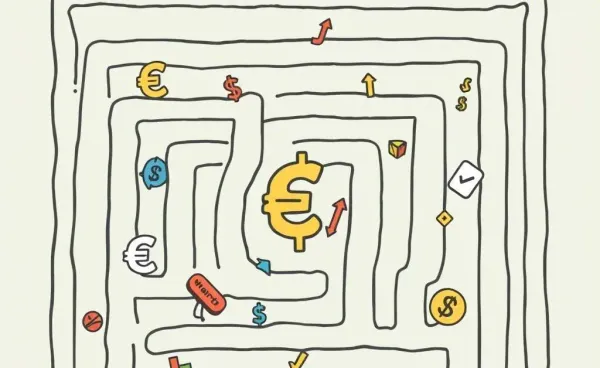Navigating Financial Mishaps: A Personal Journey to Recovery
Explore the gentle art of financial recovery with practical insights.

I remember the first time I felt completely overwhelmed by my financial situation. An unexpected expense had thrown my budget into chaos, and I found myself at a crossroads: panic or plan. If you've ever felt like this, take a deep breath and know you're not alone. Let's explore a gentle way forward.
Understanding the Situation: The First Step
When financial mishaps occur, they can feel isolating and daunting. The first step is often the hardest: understanding exactly where you stand. Start by gathering all the relevant details regarding your financial obligations and assets. An organized approach helps to diminish the fog of uncertainty.
Being grounded in figures—no matter how alarming they may seem—actually gives you a tangible foundation to start forging a plan. After all, clarity is the mother of effective planning.

Breathing New Life Into Your Financial Plan
Once you have a clear picture, the next step involves recalculating your budget. Remember, a budget is just a tool for aligning your spending with your priorities. If you can look at it as a fluid, evolving plan rather than a rigid set of rules, it becomes an empowering exercise.
Consider beginning with your essential expenses, such as housing, utilities, and groceries, and then move on to areas where adjustments can be made. Small tweaks often yield the most sustainable results.
Tips for Rebudgeting Effectively:
- Prioritize debt repayments by interest rate, targeting those with the highest rates first.
- Seek out any unnecessary subscriptions or expenses and pause them for a month or two.
- Reach out to service providers to negotiate lower rates or inquire about relief programs.
Mental Wellness: Not To Be Overlooked
It’s vital to remember that financial stress isn't just about numbers; it affects your mental and emotional well-being. Integrating stress reduction techniques such as mindfulness or meditation can make a considerable difference in how you approach and solve financial dilemmas. Even short, daily practices can lighten your load.

A Hopeful Path Forward
In financial recovery, it's essential to focus on the progress you're making, rather than solely the problems you're fixing. Each small step is a victory. Patience really is a virtue here, and celebrating little wins along the way keeps motivation alive.

Remember, navigating through financial hiccups is more about resilience than perfection. By taking it day by day and adjusting your approach as needed, you'll move closer to financial peace of mind. So, pour yourself a warm cup of tea, take it one step at a time, and embrace this journey as a meaningful part of your life story.




